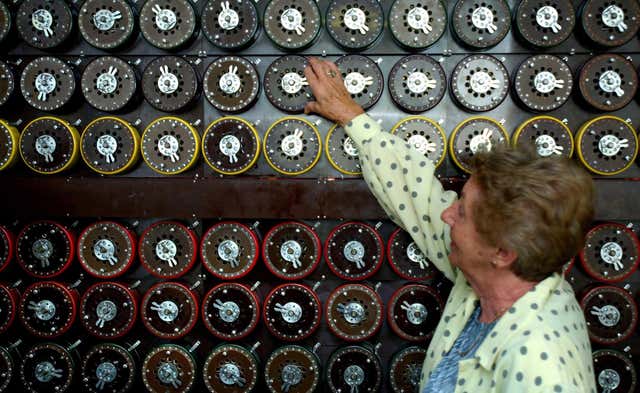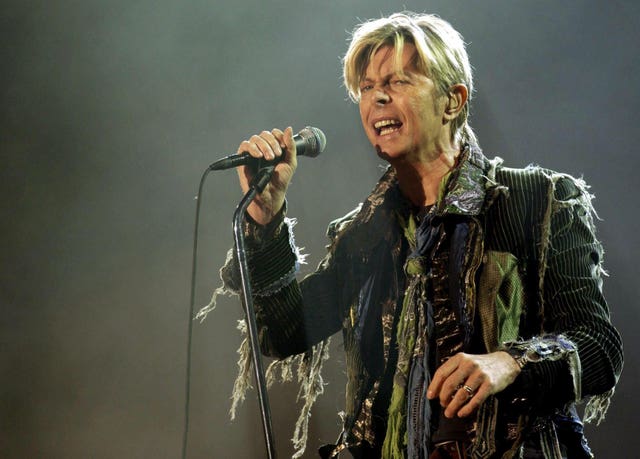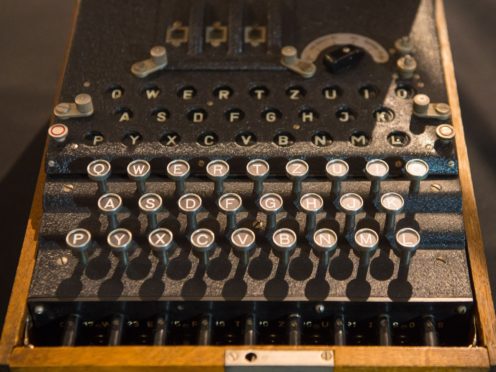Alan Turing has been named the most “iconic” figure of the 20th century, fighting off competition from international leaders such as Martin Luther King Jr and Nelson Mandela.
The scientist was chosen in a public vote during a live broadcast of BBC Two’s Icons: The Greatest Person Of The 20th Century.
One of the most influential figures in the development of theoretical computer science and artificial intelligence, Turing also played a vital part in the development of the Enigma Machine at Bletchley Park during the Second World War.

He also faced Ernest Shackleton, Pablo Picasso, David Bowie and Muhammad Ali in the special broadcast.
Each figure represented a category, leaders, explorers, scientists, entertainers, activists, sports and artists or writers, with each the subject of a documentary in the lead up to the final vote.
After Turing’s name was announced, presenter Nick Robinson said: “He was a man who worked almost entirely in secret, who received little credit for cracking the Nazi codes and shortening the war and who died having been branded a criminal.
“Today he is the most celebrated figure of the 20th century, a father of computing, war hero and genius.”

Each figure was supported by a celebrity, who was charged with giving a speech in their favour.
Environmental activist and broadcaster Chris Packham advocated for Turing.
He said the British public owed the scientist recognition because “we betrayed him and drove him to suicide”.
He told the studio audience how Turing had helped defeat the Nazis but “all he got for his trouble was a poisoned apple”.
Turing died on June 7 1954 of cyanide poisoning.
A half-eaten apple was found beside him and it has been suggested that he killed himself by lacing the apple with the drug.
The late scientist was chosen as the greatest scientist in a category that included Marie Curie, Albert Einstein and Tu Youyou.
